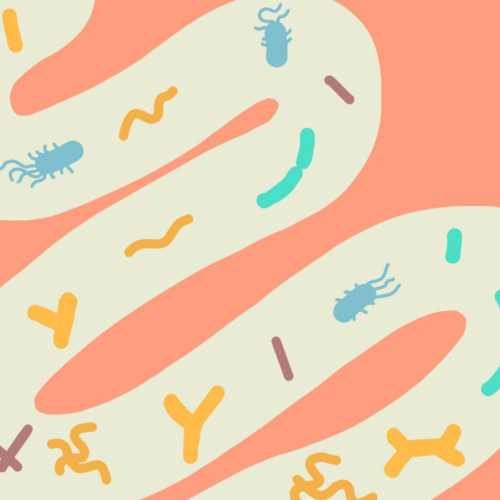
Our foods contain many naturally occurring chemicals and often added chemicals. Some of these can cause problems for sensitive people. One group of chemicals to be aware of is sulphites.
What are sulphites?
Sulphites are sulphur compounds which naturally occur in the human body as well as in fermented products such as wine or vinegar. They are also added to food as a preservative. With antioxidant and antimicrobial properties, sulphites are added to retain flavour and colour, prevent bacterial growth and browning, and to reduce spoilage.
Where are sulphites found?
Sulphites are widely used in foods and drinks and occasionally in medications. They can be found in dried fruits, fruit juices, wine, beer, cider, wine vinegar, ginger beer, salad dressings, marachino cherries, dried soups dried coconut, mueslis, snack bars, sausages, cordials, dessert toppings, gelatine and more.
Added sulphites must be declared on the label in the ingredients list when present in foods in concentrations of 10mg per kilo or more. Sulphites are labelled by their class name (preservative), followed by either the additive’s specific name or code number (220 to 228).
These are the sulphites you will find on labels:
- 220 sulphur dioxide
- 221 sodium sulphite
- 222 sodium bisulphite
- 223 sodium metabisulphite
- 224 potassium metabisulphite 225 potassium sulphite
- 228 potassium bisulphite
What’s the problem with sulphites?
For most people sulphites are not a problem at all and there is no need to try to avoid them. Some people, however, are sensitive to sulphites. Symptoms that may be caused by sulphites include wheezing, diarrhoea, stomach ache, hives or swelling. Often reactions are mild, but for some they could be life-threatening although this is extremely rare.
It’s estimated between five to 10 per cent of people with asthma may have adverse reactions to sulphites, usually wheezing, chest tightness and coughing. This is more likely to occur where asthma is not well controlled but can also occur in people with no previous history of asthma.
Why some people react to sulphites is not yet known. Sulphites work as a preservative by releasing sulphur dioxide gas which is an irritant. When drinking beer or wine the sulphur dioxide gas is inhaled as well as ingested, which may explain why symptoms can occur very quickly when drinking. It’s thought that some people who experience reactions to sulphites may produce too little of the enzyme which breaks down sulphur dioxide. And there may also be people who have an allergy to sulphites, that is their reaction is an immune system response. This is thought to be very rare.
How do I find out if sulphites are causing my problems?
It’s important not to self-diagnose a sulphite sensitivity or allergy, as the symptoms could be caused by so many other things. Our foods contain many natural chemicals that some people are sensitive to, such as salicylates, amines and glutamates. People who are sensitive to natural food chemicals are often also sensitive to one or more of the common food additives, of which sulphites is just one group.
Your GP is the first port of call when looking for a diagnosis, so that symptoms and other potential causes can be discussed. Allergy testing may be recommended if another allergy is suspected, even though most people who are sensitive to sulphites don’t have a true allergy and there are no reliable tests for sulphite intolerance. If food intolerance is suspected, a dietitian specialising in this area can supervise a temporary elimination diet, which is the only reliable way to investigate this. If the restricted diet seems to help your symptoms, you will then be ‘challenged’ with different foods under controlled conditions in order to discover which foods (and possibly what amounts of different foods) cause a reaction. It’s important to go through this process properly rather than cutting out a wide range of foods unnecessarily, as this could disadvantage your overall nutrition.
Be wary of alternative testing
The Australasian Society of Clinical Immunology and Allergy (ASCIA) warns against unorthodox tests used for diagnosing health problems, including food allergy and intolerance:
“Various methods such as cytotoxic food testing, Vega testing, kinesiology, allergy elimination techniques, iridology, pulse testing, Alcat testing, Rinkel’s intradermal skin testing, reflexology, hair analysis and IgG food antibody testing have all been proposed as being useful for diagnosing allergic conditions or food intolerances. Not only do these tests lack any scientific rationale, [they] have been shown to be inaccurate and poorly reproducible when subjected to careful study.
“Treatment based on inaccurate results is not only misleading but can result in ineffective and sometimes harmful treatments, and delay more effective therapy. More information on these methods is available on the ASCIA website.”
www.healthyfood.com











